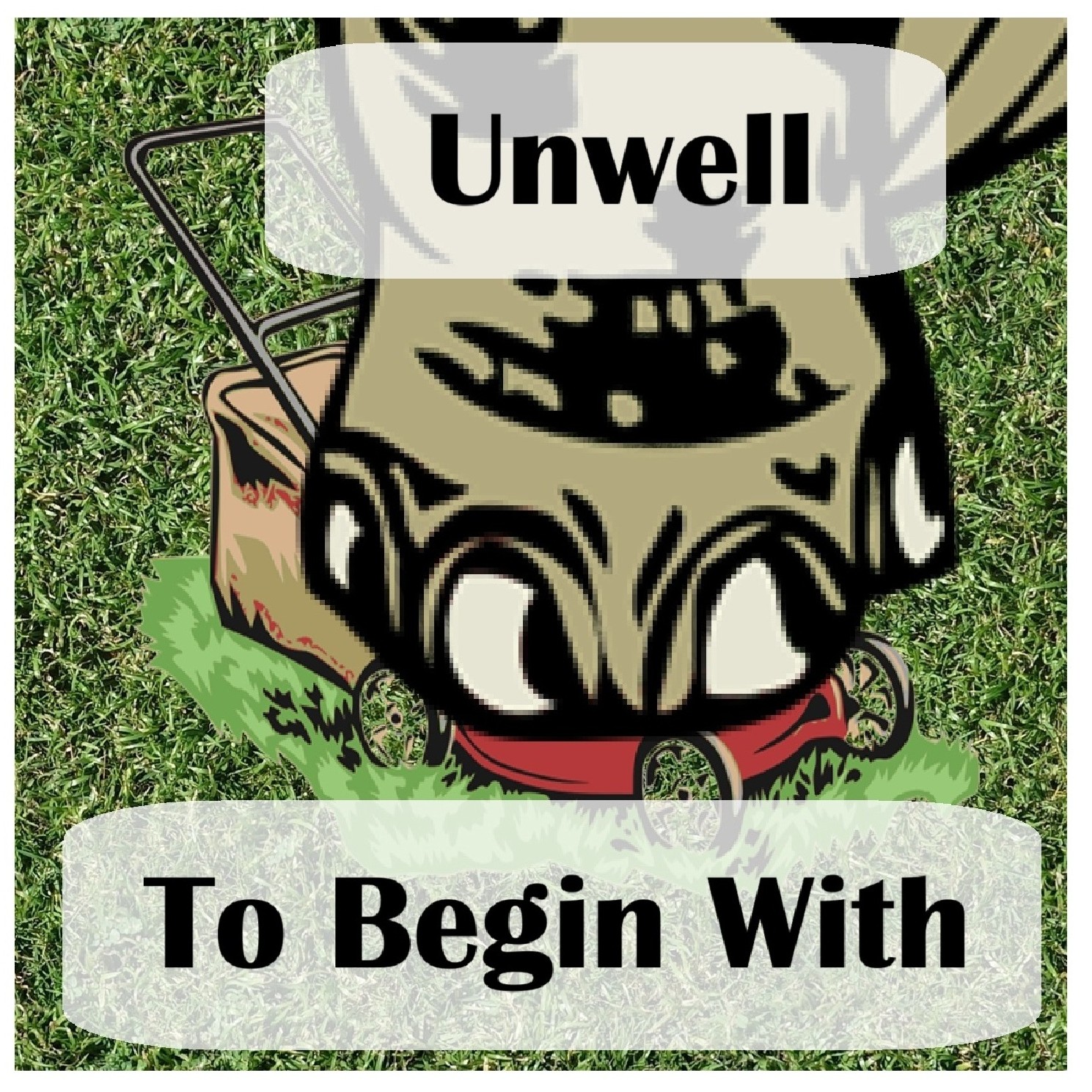Unwell to Begin With

Unwell to Begin With
Podcast Description
Biology and the environmental movement have a eugenics problem. Eugenics has also been gaining ground in public policy and discourse in many parts of the world lately, with scientists, policymakers, physicians, wellness influencers, and techbros alike increasingly posing it as a solution to intensifying socio-ecological crises. But what do disabled people and others in the crosshairs of this ideology — those of us who are ”unwell to begin with,” according to this logic — have to say about nature and the not-so-natural disasters reverberating across our communities? What lessons do crip knowledge, creativity, joy, and practices of interdependence offer urgently right now? Taking love for crip and allied communities as our starting place, we talk to people with diverse expertise about how they understand socio-ecological problems and challenge eugenic “solutions” in their environmental thinking and politics.
This work is funded by a SSHRC Insight Grant of the Canadian government.
Podcast Insights
Content Themes
The podcast delves into eugenics' influence on environmental policies and the perspectives of disabled individuals on socio-ecological challenges. Specific topics include crip knowledge, environmental studies, and the normalization of policing in educational settings, illustrated through episodes such as Autistic Knowledge Ecologies with Audra Mitchell, where themes of neurodiversity and alternative ecological futures are discussed.

Biology and the environmental movement have a eugenics problem. Eugenics has also been gaining ground in public policy and discourse in many parts of the world lately, with scientists, policymakers, physicians, wellness influencers, and techbros alike increasingly posing it as a solution to intensifying socio-ecological crises. But what do disabled people and others in the crosshairs of this ideology — those of us who are ”unwell to begin with,” according to this logic — have to say about nature and the not-so-natural disasters reverberating across our communities? What lessons do crip knowledge, creativity, joy, and practices of interdependence offer urgently right now? Taking love for crip and allied communities as our starting place, we talk to people with diverse expertise about how they understand socio-ecological problems and challenge eugenic “solutions” in their environmental thinking and politics.
This work is funded by a SSHRC Insight Grant of the Canadian government.
“Many people find these ideologies to be so risible and silly that they wonder why anyone would spend time talking about them. And… the best response I have is that the reason we should talk about these and take… precious time out of our day to understand them, is precisely because there are billions and billions of dollars backing this movement.”
In this episode, host Mollie Holmberg (she/her) talks with Dr. Émile Torres about the pro-extinctionist TESCREAL worldviews driving the race to build artificial general intelligence; how these worldviews evolved directly out of Western Christianity and eugenics [ft. cameos by Julian Huxley and Peter Singer]; what the f*** TESCREALists actually mean by ‘artificial general intelligence’; why these ideologies are ludicrous if you think about them like an actual engineer (or from the perspective of any human person who has ever used a smartphone); why TESCREALists’ obsession with ‘existential risk’ spells very bad things not just for most of humanity, but also the planet; and holding climate pessimism alongside a commitment to keep fighting for a more just and livable future. To find out more about Dr. Torres’ work on Silicon Valley and the TESCREAL movement, you can visit their website at https://www.xriskology.com/ and check out their podcast Dystopia Now co-hosted with comedian Kate Willett.
Émile’s latest book is Human Extinction: A History of the Science and Ethics of Annihilation (Routledge).
Links to other work and websites discussed in the show:
- Gebru, T., & Torres, É. P. (2024). The TESCREAL bundle: Eugenics and the promise of utopia through artificial general intelligence. First Monday, 29(4). https://doi.org/10.5210/fm.v29i4.13636
- Nick Bostrom’s “Letter from Utopia”
- Julian Huxley’s Religion without Revelation
- Bertrand Russell’s 1903 essay “A free man’s worship”
- Peter Singer’s essay “Famine, affluence, and morality” & his book with the cursed title I will not be repeating here [cw ableist violence]
- The excellent recent Wired article “The Worm that No Computer Scientist Can Crack,” on efforts to replicate C.elegans as a computer simulation
- What We Owe the Future by William MacAskill
- University of Exeter study on global mortality associated with 1.5 degrees C warming
- Naomi Oreskes on conservatism in the climate science community
- Discerning Experts: The Practices of Scientific Assessment for Environmental Policy (University of Chicago Press) & summary of the book’s arguments in Scientific American
Mutual aid links mentioned in the outro:
- Distro Disco on unceded Musqueam, Squamish, and Tsleil-Waututh land
- Crips4esims
- gazafunds.com
- sudanfunds.com
- The Sameer Project
- Sudan Solidarity Collective
If you have any comments or questions about the show, you can reach us at [email protected]
Transcript by Mollie Holmberg.
Theme music for the show is roswell by Fog Lake off the Free Music Archive and licensed under CC BY 4.0.

Disclaimer
This podcast’s information is provided for general reference and was obtained from publicly accessible sources. The Podcast Collaborative neither produces nor verifies the content, accuracy, or suitability of this podcast. Views and opinions belong solely to the podcast creators and guests.
For a complete disclaimer, please see our Full Disclaimer on the archive page. The Podcast Collaborative bears no responsibility for the podcast’s themes, language, or overall content. Listener discretion is advised. Read our Terms of Use and Privacy Policy for more details.